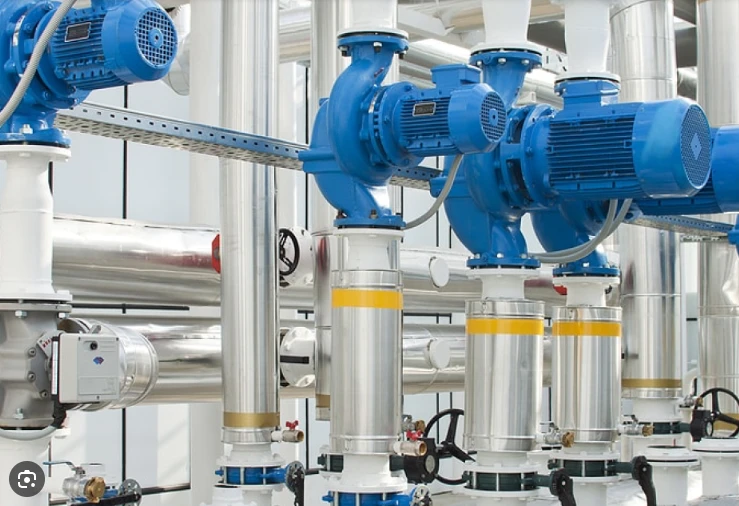Cebuano
- Afrikaans
- Albanian
- Amharic
- Arabic
- Armenian
- Azerbaijani
- Basque
- Belarusian
- Bengali
- Bosnian
- Bulgarian
- Catalan
- Cebuano
- Corsican
- Croatian
- Czech
- Danish
- Dutch
- English
- Esperanto
- Estonian
- Finnish
- French
- Frisian
- Galician
- Georgian
- German
- Greek
- Gujarati
- Haitian Creole
- hausa
- hawaiian
- Hebrew
- Hindi
- Miao
- Hungarian
- Icelandic
- igbo
- Indonesian
- irish
- Italian
- Japanese
- Javanese
- Kannada
- kazakh
- Khmer
- Rwandese
- Korean
- Kurdish
- Kyrgyz
- Lao
- Latin
- Latvian
- Lithuanian
- Luxembourgish
- Macedonian
- Malgashi
- Malay
- Malayalam
- Maltese
- Maori
- Marathi
- Mongolian
- Myanmar
- Nepali
- Norwegian
- Norwegian
- Occitan
- Pashto
- Persian
- Polish
- Portuguese
- Punjabi
- Romanian
- Russian
- Samoan
- Scottish Gaelic
- Serbian
- Sesotho
- Shona
- Sindhi
- Sinhala
- Slovak
- Slovenian
- Somali
- Spanish
- Sundanese
- Swahili
- Swedish
- Tagalog
- Tajik
- Tamil
- Tatar
- Telugu
- Thai
- Turkish
- Turkmen
- Ukrainian
- Urdu
- Uighur
- Uzbek
- Vietnamese
- Welsh
- Bantu
- Yiddish
- Yoruba
- Zulu
Telephone: +86 13120555503
Email: frank@cypump.com
Dis . 11, 2024 04:06 Back to list
Innovative Solutions for Efficient Pipeline Pump Systems and Operations
Pipeline Pumps Efficiently Transporting Fluids Over Long Distances
In modern industrial applications, the need for effective fluid transportation methods has never been more critical. One of the key players in this arena is the pipeline pump, a technological marvel designed to facilitate the movement of fluids across extensive networks. From crude oil and natural gas to water and chemicals, pipeline pumps are integral to the efficiency and reliability of many sectors, including energy, municipal services, and manufacturing.
Understanding Pipeline Pumps
Pipeline pumps are specialized mechanical devices that increase the pressure of fluids to ensure they can be transported through pipelines to their destination. They work on the principle of converting mechanical energy into hydraulic energy, facilitating the movement of liquids and slurries from one point to another. Various types of pumps can be employed, including centrifugal pumps, positive displacement pumps, and submersible pumps, each tailored for specific applications and fluid characteristics.
The Role of Pipeline Pumps in the Oil and Gas Industry
One of the most prominent applications of pipeline pumps is in the oil and gas sector. This industry relies heavily on the transportation of fluids over vast distances—from extraction sites to refineries or distribution centers. Pipeline pumps are essential for overcoming the gravitational and frictional losses incurred during transport. For instance, crude oil, which is thick and viscous, often requires high-capacity pumps to ensure that it flows smoothly through pipelines without experiencing blockages or delays.
The installation of effective pipeline pumps can significantly reduce operational costs
. By enhancing the flow rate and minimizing energy consumption, companies can achieve greater efficiency and profitability. Furthermore, advances in technology have led to the development of variable speed pumps, which can adjust their operation in real time based on demand, thereby optimizing energy use while maintaining consistent output.Challenges in Pipeline Pump Operations
pipeline pump

Despite their advantages, operating pipeline pumps is not without challenges. One of the primary issues is wear and tear. The constant movement of fluids can lead to erosion and cavitation, which can damage pump components over time. Regular maintenance and the use of high-quality materials are crucial to extending the lifespan of these pumps.
Additionally, safety is a critical concern, particularly in the oil and gas industry. Leakages can result in environmental disasters, prompting stringent regulations and technology improvements to improve detection and mitigation measures. Modern pipeline systems often include advanced monitoring technology that utilizes sensors to provide real-time data on pressure, flow rate, and temperature. This data allows operators to identify potential issues before they escalate.
Innovations and Future Trends
The future of pipeline pumps is poised for innovation and evolution. As industries increasingly adopt digital technologies, the integration of smart systems and the Internet of Things (IoT) into pump operations is becoming more prevalent. This not only enhances operational efficiency but also improves monitoring and predictive maintenance capabilities.
Moreover, as industries align themselves with sustainability goals, there is a growing emphasis on developing pumps that have lower environmental footprints. This includes innovations in pump design that enhance energy efficiency, as well as the development of pumps that can handle biofuels and alternative energy sources.
Conclusion
Pipeline pumps are vital components in the transportation of fluid, playing a crucial role in various industries, especially in oil and gas. Their ability to facilitate the efficient movement of liquids over long distances makes them indispensable in today’s interconnected world. However, the challenges they face, including maintenance and safety concerns, necessitate ongoing advancements in technology and practices.
As we look to the future, it is clear that pipeline pumps will continue to evolve. With innovation driving improvements in efficiency, safety, and sustainability, these devices will be integral to meeting the world’s growing demand for reliable fluid transportation solutions. The ongoing development of smart technology will undoubtedly further enhance their capabilities, ensuring that pipeline pumps remain at the forefront of industrial operations for years to come.
-
ISG Series Vertical Pipeline Pump - Chi Yuan Pumps Co., LTD.|Advanced Hydraulic Design&Energy-Efficient Solutions
NewsJul.30,2025
-
ISG Series Vertical Pipeline Pump - Chi Yuan Pumps Co., LTD.
NewsJul.30,2025
-
ISG Series Vertical Pipeline Pump - Chi Yuan Pumps Co., LTD.|energy-efficient fluid handling&industrial durability
NewsJul.30,2025
-
ISG Series Vertical Pipeline Pump - Chi Yuan Pumps | Advanced Engineering&Industrial Efficiency
NewsJul.30,2025
-
ISG Series Pipeline Pump - Chi Yuan Pumps | High Efficiency, Energy Saving
NewsJul.30,2025
-
ISG Series Vertical Pipeline Pump-Chi Yuan Pumps|High Efficiency&Reliable Performance
NewsJul.29,2025










